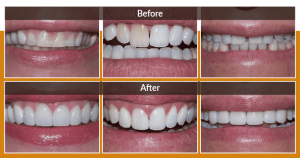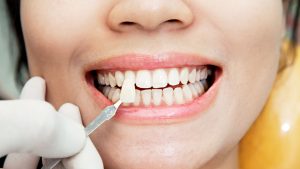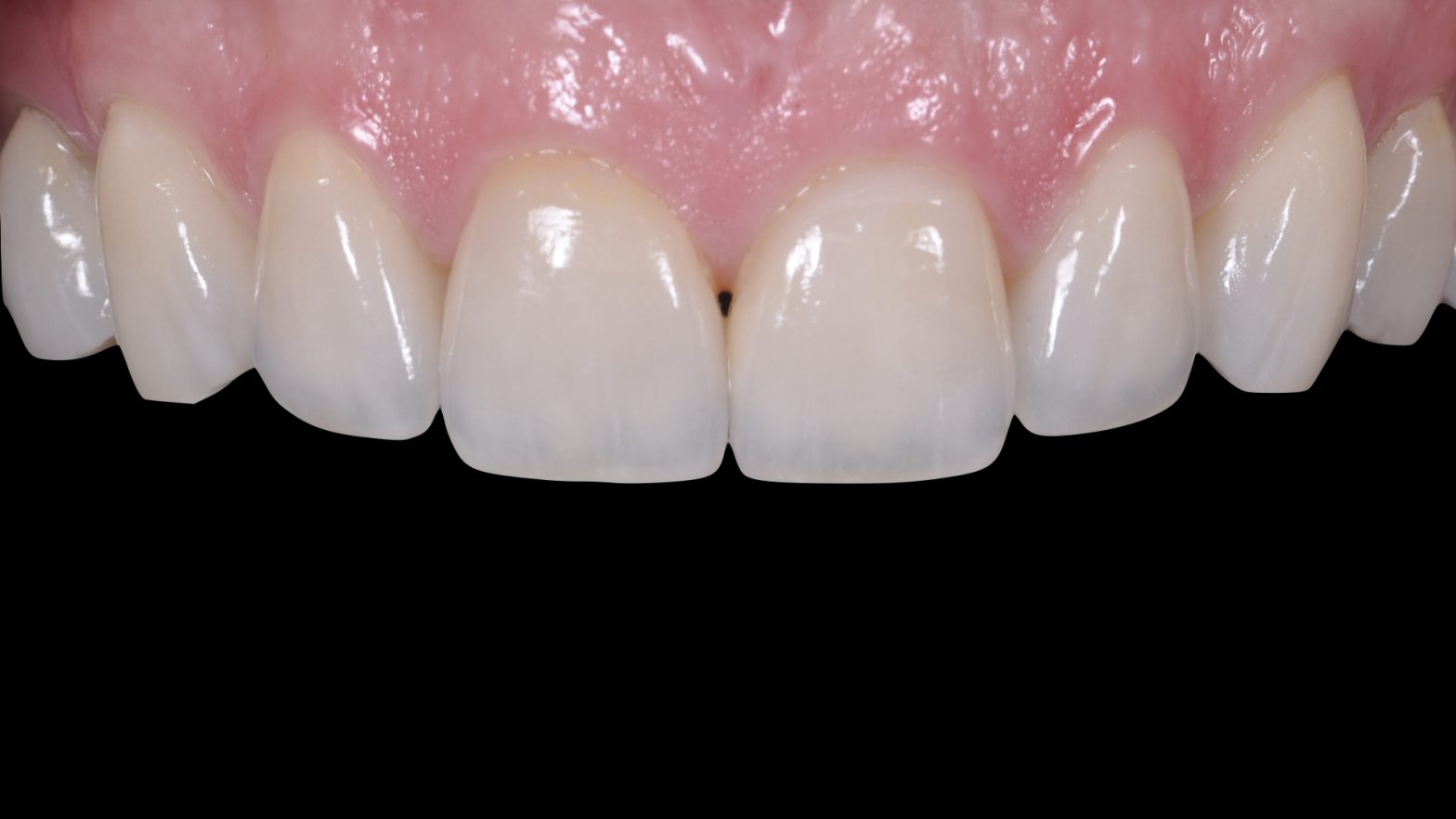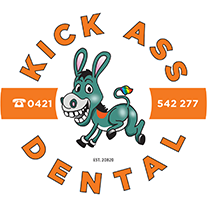How Long Do Teeth Veneers Last? Exploring Durability and Lifespan
When it comes to achieving a perfect smile, dental veneers have become a popular choice for many individuals. Veneers are thin, custom-made shells that are bonded to the front surface of teeth to improve their appearance. They can help correct various cosmetic issues such as discoloration, chipped teeth, and irregular shape or size. However, one question that often arises is: How long do teeth veneers last? In this article, we will explore the durability and lifespan of dental veneers to provide you with a comprehensive understanding of their longevity.
Understanding Dental Veneers
Dental veneers are typically made from porcelain or composite resin materials, both of which offer excellent aesthetic results. Porcelain veneers are known for their natural appearance and stain-resistant properties, while composite veneers are more affordable and require less enamel removal during the preparation process.
The process of getting veneers involves several steps. First, your dentist will conduct a thorough examination of your teeth to determine if you are a suitable candidate for veneers. If you are eligible, the next step involves preparing your teeth by removing a small amount of enamel to accommodate the thickness of the veneers. Afterward, impressions of your teeth are taken and sent to a dental laboratory for the fabrication of custom veneers. Once the veneers are ready, your dentist will bond them to your teeth using a special adhesive, creating a strong and durable bond.
The Lifespan of Dental Veneers
While dental veneers are known for their longevity, it is important to understand that they are not permanent and will eventually require replacement. On average, porcelain veneers tend to last longer than composite veneers, with an estimated lifespan of 10 to 15 years. However, with proper care and maintenance, porcelain veneers can last even longer.

Factors Affecting Veneer Longevity
Several factors can influence the lifespan of dental veneers:
1. Oral Hygiene: Good oral hygiene practices, including brushing twice a day, flossing daily, and regular dental check-ups, are essential for the longevity of your veneers. Maintaining a healthy oral care routine helps prevent plaque buildup, which can lead to gum disease and other oral health issues that may affect the integrity of your veneers.
2. Teeth Grinding or Clenching: Habitual teeth grinding or clenching, also known as bruxism, can place excessive pressure on your veneers and cause them to chip or crack. If you have a bruxism habit, your dentist may recommend wearing a nightguard to protect your veneers while you sleep.
3. Diet and Lifestyle: Certain dietary habits, such as consuming excessive amounts of coffee, tea, or red wine, can stain the edges of veneers over time. Similarly, using tobacco products or regularly consuming acidic foods and beverages can weaken the adhesive bond between the veneers and your teeth.
4. Accidental Damage: Trauma or injury to your mouth, such as a fall or sports-related incident, can damage or dislodge your veneers. It is important to be cautious and take necessary precautions to protect your teeth, especially if you participate in contact sports.
Maintaining Your Veneers
To maximize the lifespan of your dental veneers, it is crucial to follow these maintenance tips:
1.Regular Dental Check-ups: Schedule regular visits to your dentist for routine check-ups and cleanings. Your dentist can assess the condition of your veneers and address any issues early on.
2. Practice Good Oral Hygiene: Brush your teeth twice a day with a soft-bristle toothbrush and fluoride toothpaste. Floss daily to remove plaque and food particles from between your teeth and around the veneers.
3. Avoid Excessive Force: Avoid biting down on hard objects such as ice, pens, or fingernails, as this can damage your veneers. If you engage in activities that involve contact sports, consider wearing a mouthguard to protect your teeth.
4. Limit Stain-Causing Substances: Reduce your consumption of foods and beverages known to stain teeth, such as coffee, tea, red wine, and berries. If you do indulge in these items, rinse your mouth with water afterward and brush your teeth after a reasonable amount of time.
5. Quit Tobacco Use: Smoking or using tobacco products can discolor your veneers and compromise their longevity. Quitting tobacco will not only benefit your overall health but also preserve the appearance and lifespan of your veneers.
6. Treat Teeth Grinding: If you have a teeth grinding habit, consult your dentist. They may recommend a custom-fitted nightguard to protect your veneers from the damaging effects of bruxism.
7. Address Issues Promptly: If you notice any changes in the appearance or feel of your veneers, such as cracks, chips, or loosening, contact your dentist immediately. Prompt intervention can prevent further damage and potentially extend the lifespan of your veneers.
When to Replace Veneers
Over time, veneers may naturally wear down or become damaged despite proper care. If your veneers develop significant discoloration, cracks, chips, or start to feel loose, it may be time to consider replacing them. Your dentist will evaluate the condition of your veneers and recommend the best course of action.
It’s worth noting that the replacement process is typically less invasive than the initial placement. Your dentist will remove the old veneers and create new ones to match the shape and color of your natural teeth, providing you with a renewed and rejuvenated smile. For kick ass dental tooth veneers see here.

In Conclusion
Dental veneers can significantly enhance the appearance of your smile, but they are not indestructible. With proper care and maintenance, veneers can last for many years, with porcelain veneers typically having a longer lifespan compared to composite veneers. By practicing good oral hygiene, addressing any issues promptly, and avoiding habits that can compromise the integrity of your veneers, you can enjoy the benefits of a beautiful smile for an extended period.
If you have concerns about the condition or longevity of your veneers, it is always best to consult with your dentist. They can provide personalized advice and guidance to ensure the longevity and optimal performance of your dental veneers.





